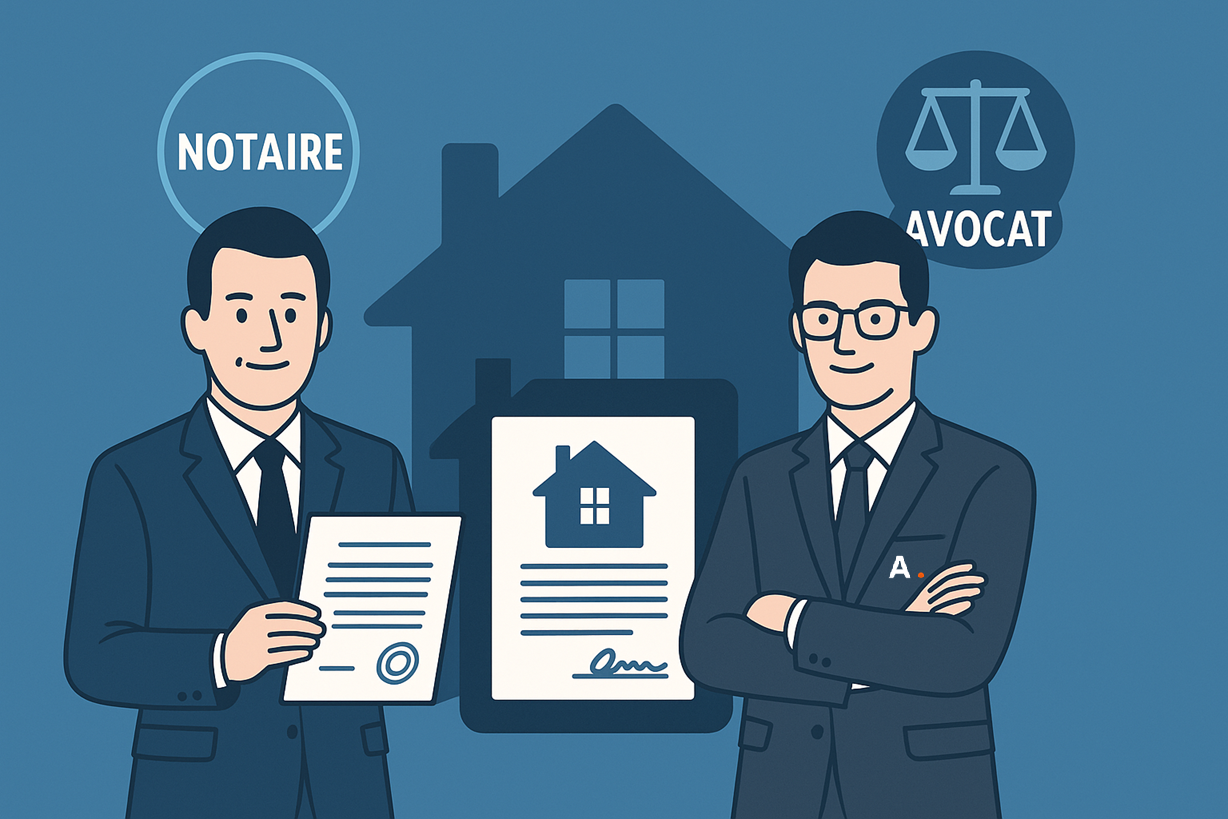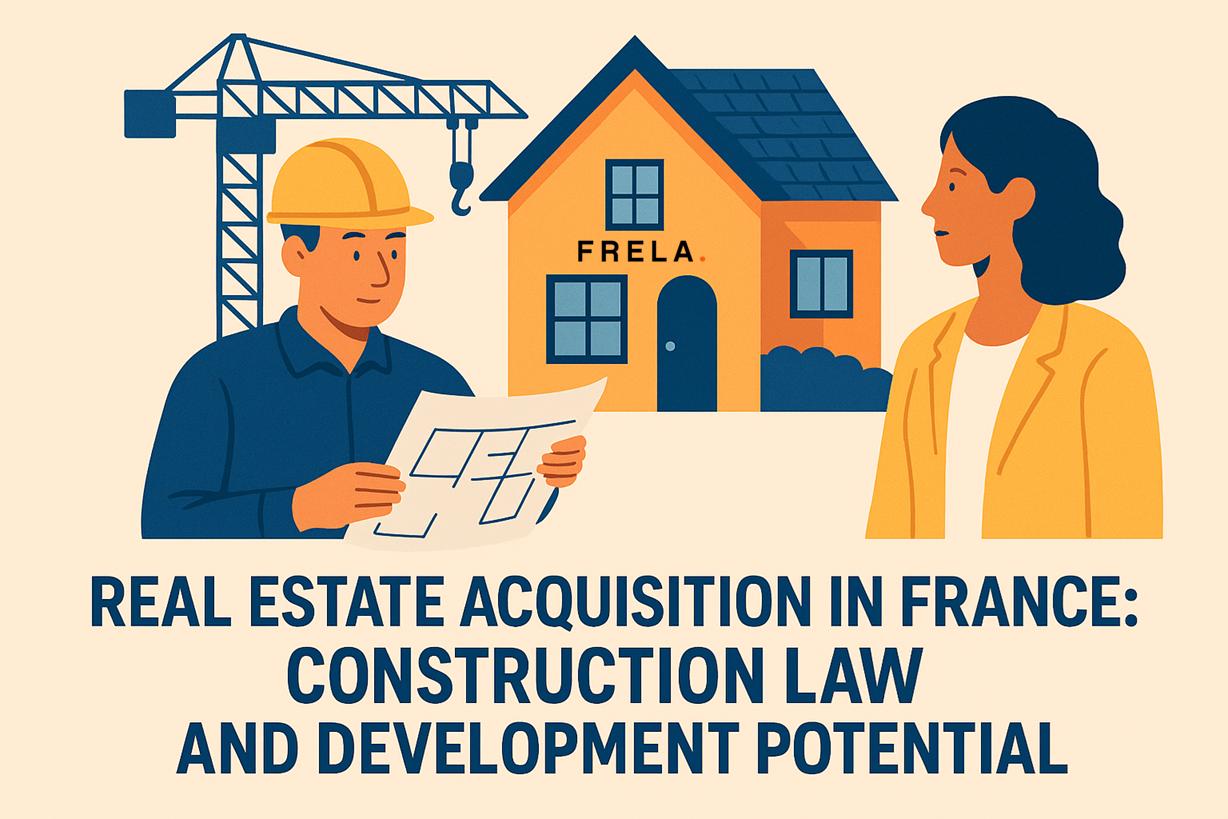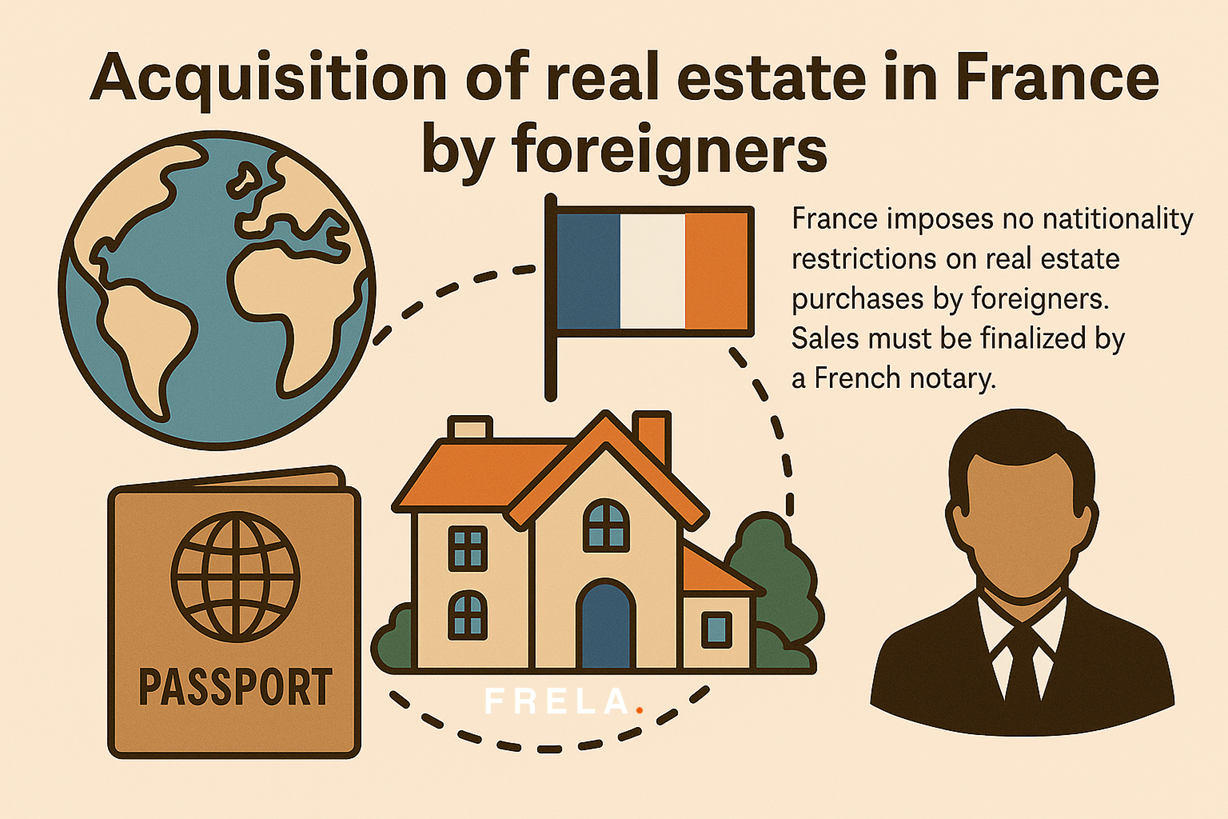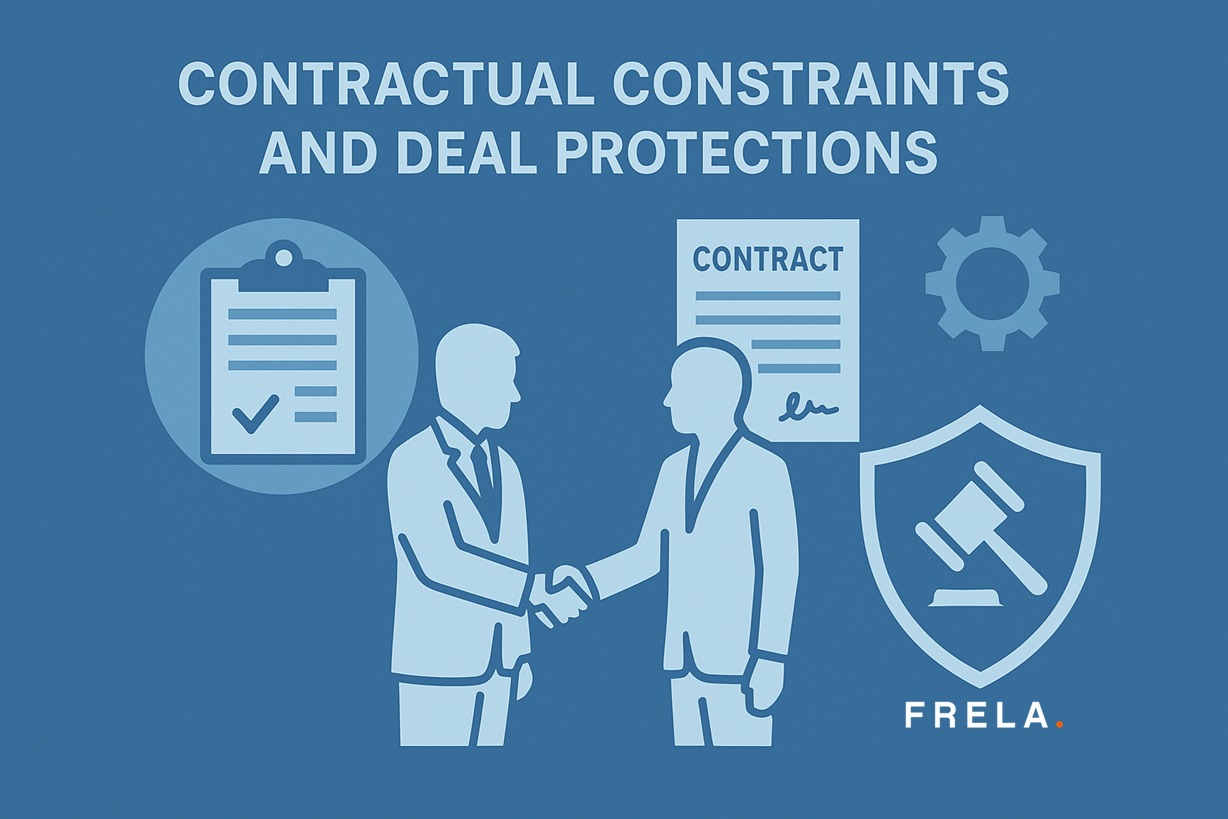Introduction to our Guide on how to purchase a property in France
Welcome to our “Guide on how to purchase a Property in France”, a complete online reference on the legal process of purchasing a French property. We walk you through every step of the buying process, from the original contract to the final payment


I-Defining your property search in France:
Our FRELA team collaborates with field agents, on every client search, so that we may suggest carefully chosen homes that are catered to each customer’s unique needs. All of our agents are local residents, and their expertise and knowledge are proven to be effective.
After selecting the properties that hold most your interest, we will plan a viewing schedule for you and can assist with lodging arrangements. Our goal to make the entire process of choosing your ideal investment in France, as efficient, smooth, and secure as possible.
Important factors to keep in mind when you seek for a home:
The Budget: Does your investment plan you require a mortgage?
The Location: Because of the variety of France’s terrain, it is quite helpful to narrow down your search parameters depending on what you are looking for. Is having access to the coast crucial? Are you more of a big city or a small-town lover?
The Filters: number of bedrooms, expenditure of the garden if any, remodeling, redecorating, or ready for occupancy? Intending to make improvements to your new property? Ocean view or total secrecy? Winter activities? Options of transportation? You should be able to narrow it all down to a list of essentials. Discussing your needs with our agents will help them focus on homes that best suit your requirements.
II- Property tours:
Your FRELA agent will gladly accompany you on property viewings and can provide you with information on local restaurants, tourist attractions, and community life, among other things.
III- Making an Offer to Buy on the chosen property:
There is no such thing as a ‘subject to contract’ sale in France, as there is in the UK. So, a contractual commitment exists from the moment you make an offer to a seller to buy their property and the seller accepts it, providing basic conditions of an arrangement.
It will be helpful to have your finances all in together before making an offer, it’s a plus and keeps the negotiations possible. Your personalized agent will assist you in this process, ensuring it is entirely beneficial for you, to sign this “offre d’achat”, a commitment to purchase the good. After the owner accepts your offer, the property will no longer appear to prospective buyers, and our agent will gather all the information needed to draft the initial sales document, which is typically the “Compromis de Vente”.
IV- Sale and Purchase Contract:
There are two primary types of contracts that may be used:
- Compromis de Vente
- Promesse de Vente
One significant distinction is that a Promise may only be made through a notaire, but a Compromis can be made directly between the parties or through an estate agency. These contracts are frequently referred to as avant-contracts, suggesting that the documents come before the contract. This is not correct, therefore do not be mislead by a misunderstanding of the phrase.
The Compromis de Vente :
In the Compromis de Vente, there is a clear bilateral obligation “promesse synallagmatique de vente”. Generally, the buyer calls on his notary to draft and sign the sales agreement. However, the two parties can very well each propose their notary. This does not mean that the fees will be doubled. In France, it is customary for the notaire to provide impartial assistance to both the vendor and the purchaser.
Because the notaire will not verify everything you need to know about the property, it is critical that you rely on our professional property lawyers who can help advise on tax and inheritance concerns. Our FRELA team will for instance, make sure to exclude, from the contract, any language that absolves the seller of hidden or latent defects.
A deposit is here paid to a stakeholder under the terms of the Compromis de Vente. It can be considered part of the upfront payment, known as an acompte. A 10% deposit is not required: in fact, a smaller sum is as acceptable, so you may be able to get away with giving a lower investment.
The Compromis de Vente includes a lot of information, such as:
- Both parties’ full names, contact information, and personal information
- Address, description, and map of the available property
- Payment options and mortgage details
- Deposit, sale price, and any associated fees
- Date of completion, which is the anticipated date when funds will be transferred, as well as other finalizations
- Penalty provisions
- Arrangements for asbestos and lead inspections
- Items that will be included with the property are listed in an inventory.
- Both parties’ needs, requirements, and desires (referred to as “clauses suspensives”)
Promesse de Vente :
The Promesse de Vente, or the promesse unilatérale de vente, a “unilateral offer to sell” consists on giving the buyer an exclusive opportunity to buy for a set period of time: from a few weeks to several months. The buyer must pay a deposit (up to 10%) to the seller and has a maximum of ten days to cancel.
In France, the Promesse de Vente is the first formal and legally binding stage in the property purchasing process. It is a written contract of sale that legally binds the seller and purchaser together. The agreement can be drafted by the Estate Agency in charge of the sale (though this is not recommended) or, more safely, by the Notary.
The cooling-off period:
The cooling-off period consists of a 10-day period in which you can cancel a purchase without providing an explanation, without risk of breach of contract, and with the full knowledge that any deposit already paid will be returned within 21 days. The 10-day period includes weekends and bank holidays, and it begins the day after the fully signed Compromis de Vente is sent. In parallel you must notify the notaire in writing before the end of the stated period.
This cooling-off period is nevertheless not accessible if you’re going through a Société Civile Immobilière (SCI) or if you are a registered property expert in France. The same goes if you purchase of any other land on its own, including a single construction plot, or ancillary structures.
V- Signing the “Acte de Vente” at the notary’s office:
The Acte de Vente represents the final document in any purchase process. It usually takes around three months since the Compromis de Vente was signed. This final document is signed in the office of the notaire who initially drafted it. The buyer, seller, and notaire must all be present at this meeting. A power of attorney can and will be obtained if any of the parties are unable to attend. And the due date is usually picked months ahead of time.
Your FRELA property lawyers will accompany you to the meeting and explain the process to you, which can be very helpful for individuals who do not speak French fluently.
Although neither a solicitor nor a lawyer may handle formal property conveyancing, they assist with pre-contract queries, the formation of a property company, and advice on French taxation or inheritance problems. In several of the situations that have come to our attention, it is evident that the purchasers have benefitted from our legal assistance.
With our specialists at FRELA, you will have access to the courts in the case of professional negligence. That is why we advise you to retain all written records of all meetings, so you ensure your rights as a foreign investor are not infringed.
About the Author :
Business lawyer, bilingual, specialized in acquisition law; Benoit Lafourcade is co-founder of DELCADE lawyers & solicitors and founder of FRELA; registered as agent in personal and professional real estate transactions. Member of AAMTI (main association of French lawyers and agents).
FRELA : French Real Estate Lawyer Agency, specializing in acquisition law to secure real estate and business transactions in France.
Paris, 19 Rue du Colisee, 75008 Paris
Bordeaux, 78 Cours de Verdun, 33000 Bordeaux
Lille, 40 Place du Théâtre, 59800 Lille





